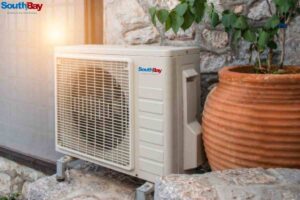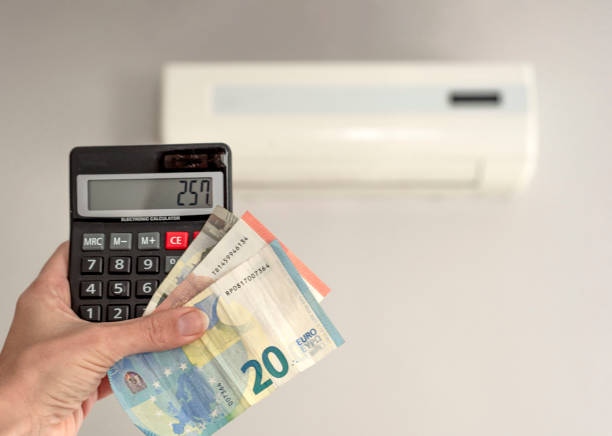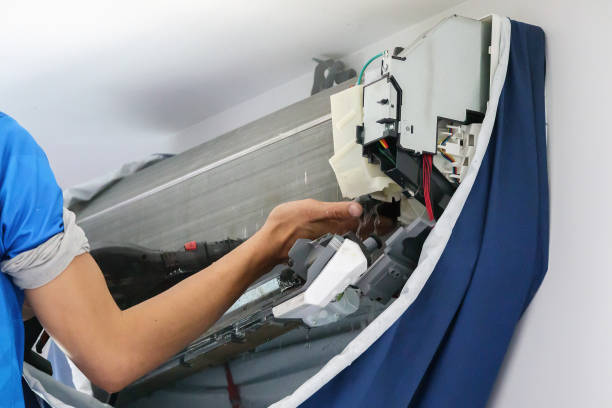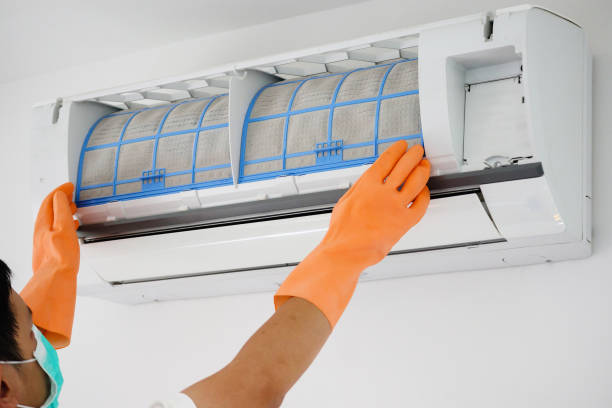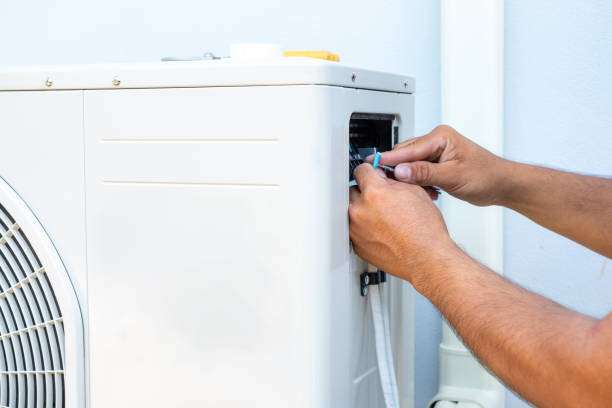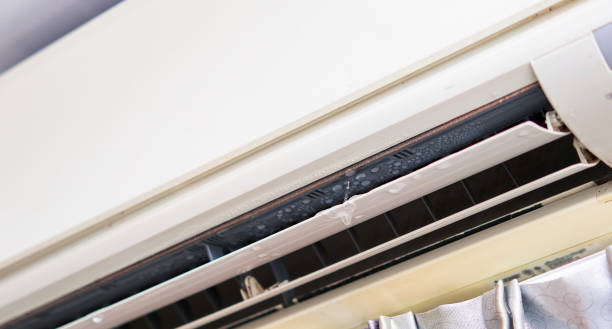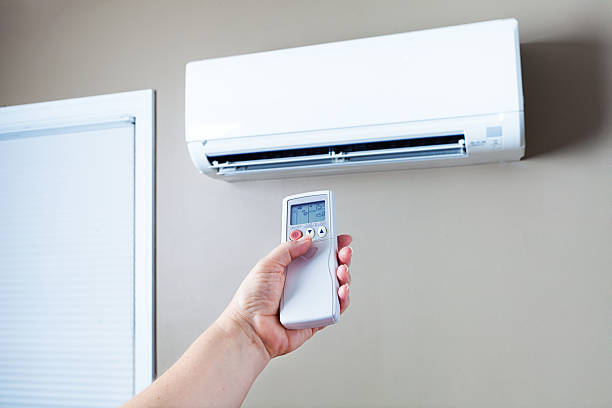When outdoor temperatures soar, many homeowners notice their air conditioners struggling to keep up. Although your AC works harder to cool your home, extreme heat reduces its efficiency and places extra strain on vital components. This can lead to less effective cooling, higher energy bills, and increased wear on the system. Understanding how high temperatures affect your AC helps you recognize problems early and take steps to protect your unit. Below, we explore seven key ways heat impacts your air conditioner and what you can do to keep it running smoothly all summer long.
1. Reduced Cooling Power
Your air conditioner cools your home by moving heat from inside to outside. But when outdoor temperatures soar, this heat transfer process becomes less effective.
Why your AC struggles during heat waves:
For an AC to cool well, it relies on a temperature difference between indoor and outdoor air. When outside air is nearly as hot—or hotter—than inside, the condenser can’t release heat efficiently. This causes your home to stay warmer than your thermostat setting.
2. Higher Energy Consumption
Because your AC has to work harder in extreme heat, it runs longer and consumes more electricity, leading to those dreaded high energy bills.
How heat increases power use:
The compressor and fans stay on for extended periods under stress, reducing overall efficiency. Longer runtimes not only raise your electric costs but also cause faster wear and tear on your system.
3. Increased Wear on AC Components
Sustained high temperatures put a heavy burden on key AC parts.
What happens when the compressor overheats:
The compressor is the core of your AC system and can overheat during prolonged heat. This strain can cause breakdowns or failures in the compressor, capacitors, fan motors, and other critical components if not addressed promptly.
4. Inefficient Heat Transfer
One of the main reasons your AC struggles in extreme heat is that it cannot expel heat outside effectively.
Why this matters:
The condenser coil needs cooler air to offload heat from the refrigerant. When outdoor air is very hot, heat release slows down, forcing your AC to work longer but with less cooling power.
5. Fluctuating Refrigerant Pressure
Heat affects the behavior of the refrigerant inside your system, potentially causing problems.
How heat impacts refrigerant:
Higher temperatures increase refrigerant pressure, which can lead to leaks or lower cooling efficiency. If refrigerant levels drop, your AC must work even harder, worsening performance during hot weather.
6. Overall Performance Decline
When all these issues come together, your AC’s ability to keep your home comfortable decreases noticeably.
Signs of heat overload:
You might notice uneven cooling, the AC cycling on and off frequently, or strange noises coming from the unit. Ignoring these warning signs can lead to costly repairs or complete system failure.
7. Tips to Prevent Heat-Related AC Problems
Proper maintenance is essential to protect your AC from the effects of high temperatures.
How to keep your AC cool under pressure:
-
Regularly clean or replace air filters
-
Keep the outdoor condenser free of leaves, dirt, and debris
-
Schedule professional inspections to check refrigerant levels and system components
-
Provide shade for your outdoor unit to reduce direct heat exposure
By staying proactive, you can help your AC beat the heat and avoid costly breakdowns.
Why Choose South Bay AC Pro for AC Repairs?
At South Bay AC Pro, we understand how crucial a reliable AC system is during San Diego’s hot summer months. Our experienced technicians handle everything from quick repairs to complete system replacements. With 24/7 emergency support, transparent pricing, and dependable workmanship, we are your trusted experts for solving AC problems efficiently and affordably.
conclusion
In summary, high temperatures can significantly impact your air conditioner’s performance by reducing cooling efficiency, increasing energy consumption, and putting stress on essential components. Recognizing these effects allows you to take proactive steps to maintain your system and prevent costly repairs. Regular maintenance and timely inspections are vital to keeping your AC running efficiently during the hottest months. For expert help and reliable service, schedule a professional AC inspection today. Contact us to ensure your home stays cool and comfortable all summer long.
FAQs
Q1. Can extreme heat damage my AC unit and cause it to fail?
Yes, long exposure to heat can lead to overheating, electrical faults, and eventual compressor failure if not addressed promptly.
Q2. Do you offer emergency AC repair services?
Yes, our team provides 24/7 emergency AC repair to quickly address urgent issues, ensuring your system is restored promptly and you stay comfortable during unexpected breakdowns.
Q3. What are the most common AC problems faced in summer?
Common summer AC problems include the unit not cooling properly, weak airflow, blowing warm air, overheating, compressor failures, and reduced efficiency due to high temperatures and heavy use.


